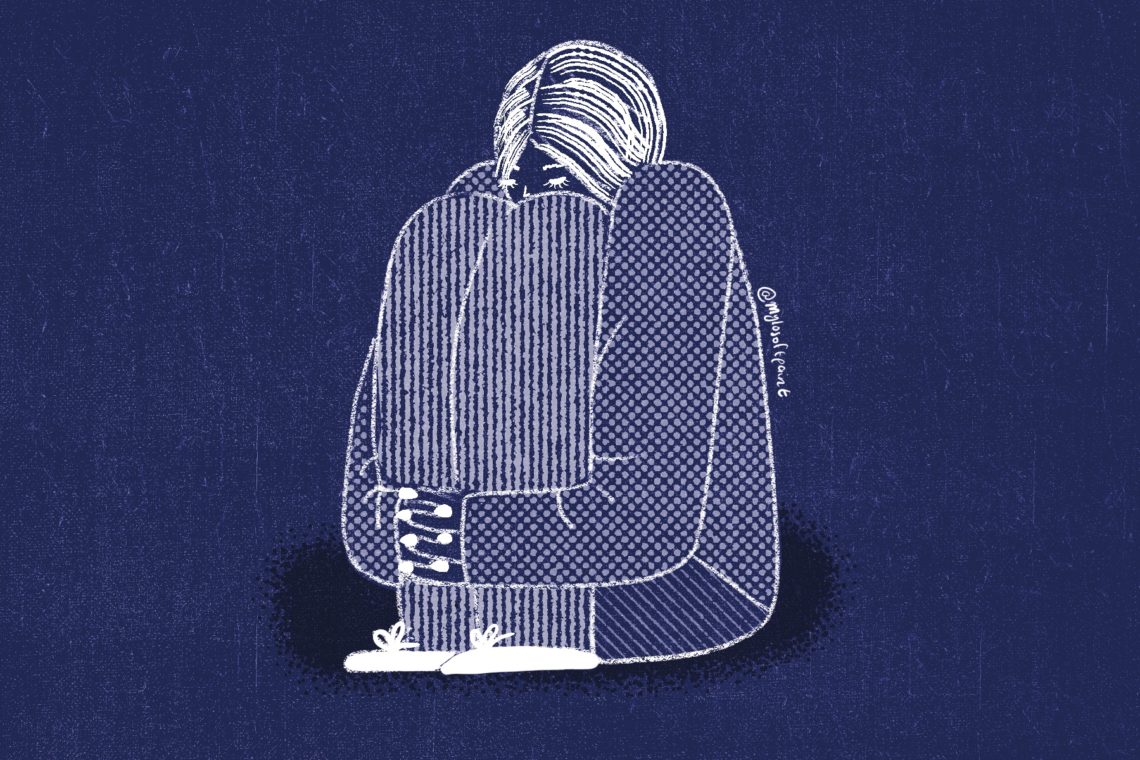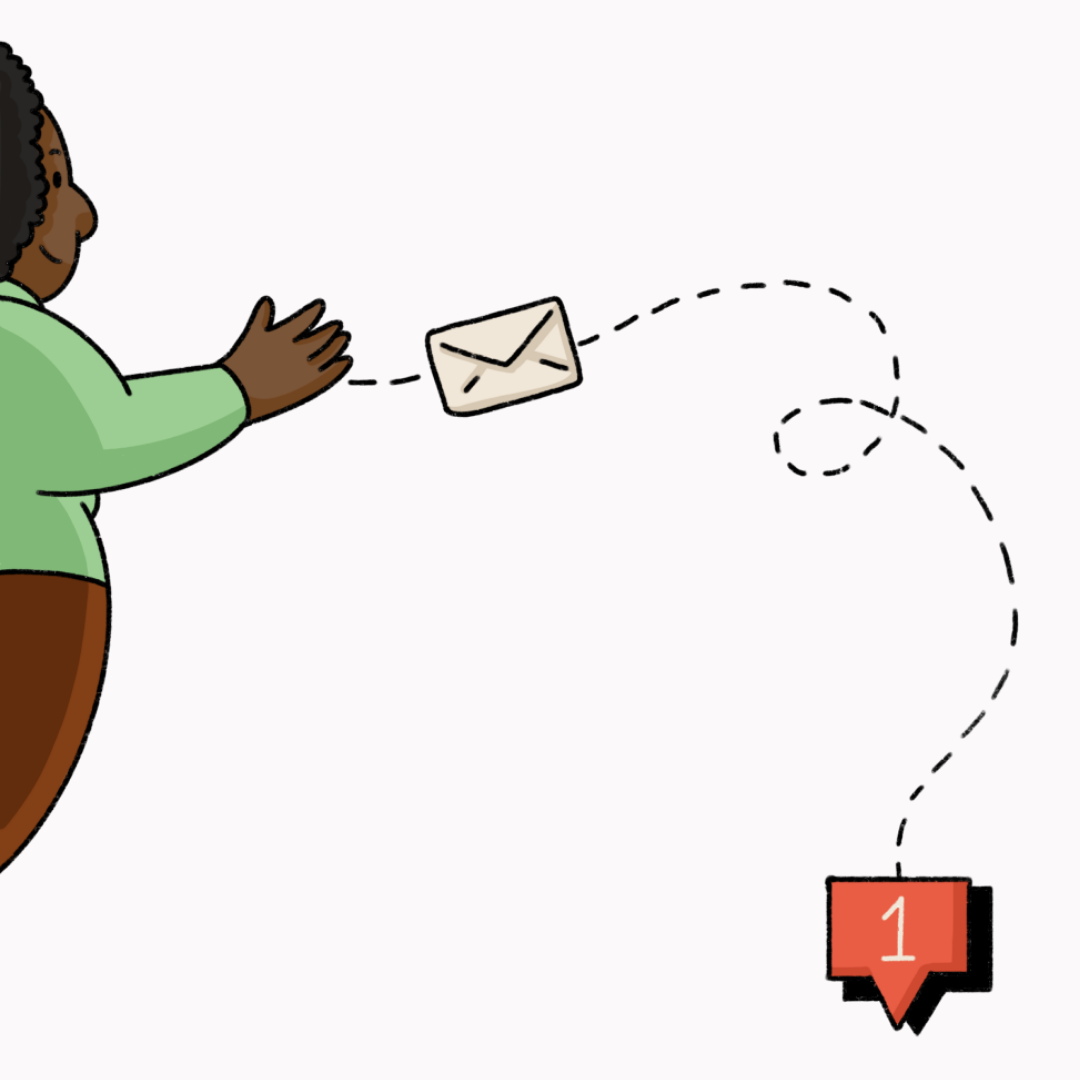Written by: Despina Z. Artenie (she/her), Sexual Assault Counsellor.
Edited by: Janani Ramamurthy (she/her).
Disclaimer: This article uses the term survivor as opposed to victim to describe individuals post sexual assault. However, Sex[M]ed acknowledges that there is no “right” term and respects individuals right to identify themselves as they choose.
We all know the stats: one in three women and one in six men are sexually assaulted during their lifetime (1). Sexual assault can not only affect one’s physical and mental health but also people’s relationships and their ability to study or work. The high prevalence of sexual assault and its potential for harm make it imperative for healthcare professionals to stay informed. We need to know the key services available for sexual assault survivors to support them in making informed choices about their recovery.
This article will serve as a primer on the post sexual assault interventions offered to survivors in Quebec.
Designated Centres
Quebec offers a standard psychosocial, medical, and forensic service to individuals who have been sexually assaulted in the last 6 months. The places where these services are given are called designated centres, and they are typically found in hospitals or clinics throughout the province. Identifying the appropriate designated centre can be tricky, as locations change based on the time elapsed since the assault, the age of the individual, the language they speak, and the time of day they seek services. For example, an adult (18+) looking for services in Montreal during the daytime (9AM to 5PM) can go to the Montreal Sexual Centre located at the CLSC Metro. If that same adult was looking for services during the evening/night or weekends, they would have to go to the Montreal General Hospital.
To identify the appropriate designated centre, you can call the provincial resource line for sexual assault at 1 888 933-9007 at any time. Please remember that it’s hard for most sexual assault survivors to talk about their assault. Thus, sending them the wrong resource can not only be distressing, but it can discourage survivors from getting future help.
Tip. Give an individual the phone number and offer to call with them.
Services offered
Services offered post-sexual assault are time sensitive, so they are split into two categories based on whether the assault took place in the last five days, or between six days to six months.
Tip. To get more information about services past six months, you can contact the provincial resource line for sexual assault. Their role is to assess individuals’ needs and to direct them to local services.
Psychosocial services (6 months and under): These services are delivered by a nurse or a counsellor. The psychosocial worker will assess the individual’s needs and offer a safe space to talk about any existing concerns. For example, the psychosocial worker will assess safety, daily functioning, and interest in reporting the assault to the police. Following this, a psychosocial worker may focus on normalizing post-traumatic reactions, organizing safe housing, identifying the need for work/school accommodations, and organizing follow-up appointments and short-to medium-term psychosocial support.
Medical services (6 months and under): Individuals will be assessed by a physician for any health concerns raised by the assault. This involves a general medical exam, which could include a pelvic exam, and the treatment of any injuries incurred. A physician may also provide pregnancy tests, STI testing, prophylaxis, and treatment. Although the medical exam can take place any time after the assault, some services such as emergency contraception (<5 days), HIV prophylaxis ( <72 hours), and Hepatitis B prophylaxis (<14 days) are time-sensitive (2).
Tip. It is important to remind the individual that although these services are offered, they are not mandatory. For example, a survivor could request STI testing and prophylaxis but refuse a pelvic exam. They are in control of the medical exam!
Forensic services (5 days and under): Individuals have the choice to do a forensic kit, i.e., consent to the collection of forensic proof to search for perpetrator DNA. The type of forensic kit depends on the nature of the assault and can include vaginal, oral, anal, or skin swabs. It can also include a blood or urine test, and the collection of evidence such as clothes or bed sheets. The forensic kit is done in cases in which the survivor wants to or is unsure whether they want to press charges. In practice, the collection of forensic proof takes place at the same time as the medical exam and does not take more than 5 to 10 minutes.
Tip. Let the individual know that they have AT LEAST 14 days after doing the forensic kit to think about whether they wish to report the assault and transfer the forensic kit to the police. They do not have to decide right away! The designated centre will support survivors in their decision-making process.
The goal of this article was to give you a brief overview of designated centres to help you inform sexual assault survivors. Because sexual assault involves an important loss of control over one’s body and can cause extreme feelings of helplessness, it is imperative to communicate to the survivor that they are in control of how they would like to proceed. Further, some people may feel pressured by their entourage or the police to do a forensic kit or report their assault. You can foster autonomy by helping survivors access the right information, giving them a space to voice their concerns and opinions, and supporting their decisions. Survivors may also feel too ashamed, guilty or scared to seek help. Seize this opportunity to normalize common reactions, such as freezing during the assault or not fighting back, and remind them that, regardless of what happened, it was not their fault.
Further resources to consult:
- Designated centers: https://en.serviceconseilqc.ca/
- Sexual assault: http://www.agressionsexuellemontreal.ca/_home
- For any questions regarding services for sexual assault survivors in Quebec contact this 24/7 helpline 1 888 933-9007
References:
1. Statistics [Internet]. RQCALACS. Regroupement Québécois des Centres d’Aide et de Lutte Contres les Agressions à Caractère Sexuel; [cited 2021Apr28]. Available from: http://rqcalacs.qc.ca/statistics.php
2. Guide d’Intervention Médicosociale [Internet]. La Direction des communications du ministère de la Santé et des Services sociaux du Québec; [published 2010; cited 2021Apr28]. Available from: https://publications.msss.gouv.qc.ca/msss/fichiers/2011/11-850-01.pdf



